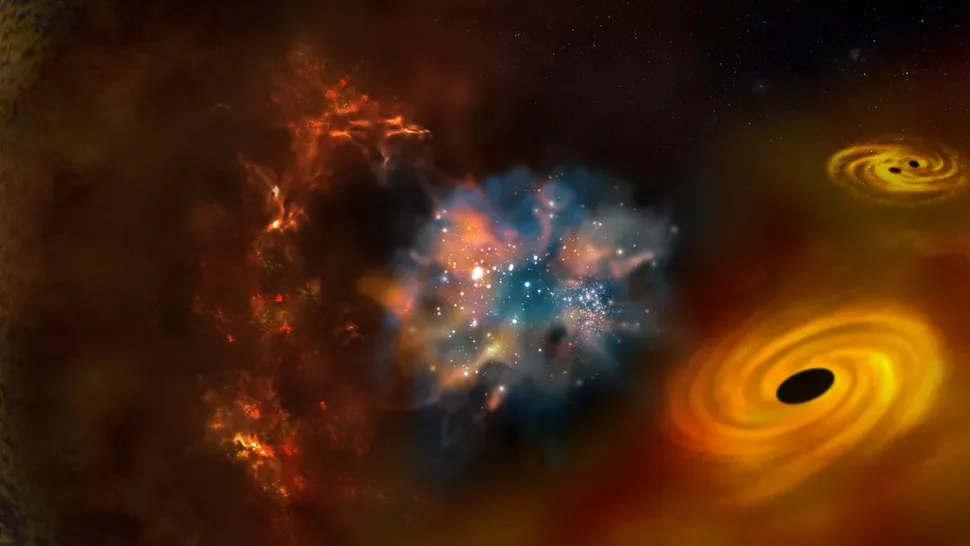Moreover, the integration of quantum mechanics with general relativity into a coherent theory of quantum gravity could illuminate how space-time and matter behaved at the Big Bang’s singularity. This unification is expected to provide a clearer picture of the pre-Big Bang universe, thereby answering some of the most profound questions in cosmology today.
In conclusion, the exploration of what existed before the Big Bang involves a complex interplay of scientific theories and philosophical thought. Whether through the lens of quantum fluctuations, cyclic models, or multiverse theories, each perspective offers unique insights into the nature of our universe and its origins. As scientific technology advances and our theoretical understanding deepens, we may come closer to answering this ultimate question of cosmology.
It remains to be seen whether the mysteries of pre-Big Bang conditions will ever be fully unraveled. However, the continued pursuit of these questions is crucial for the advancement of science and the expansion of human knowledge. Perhaps what is most exciting is not just finding the answers, but also discovering the new questions that arise from each piece of the cosmic puzzle we put into place.
The debate over what was there before the Big Bang will likely continue to inspire both awe and controversy in the scientific community and beyond. It challenges us to think beyond our traditional boundaries and consider the universe in the most expansive and profound way possible.









